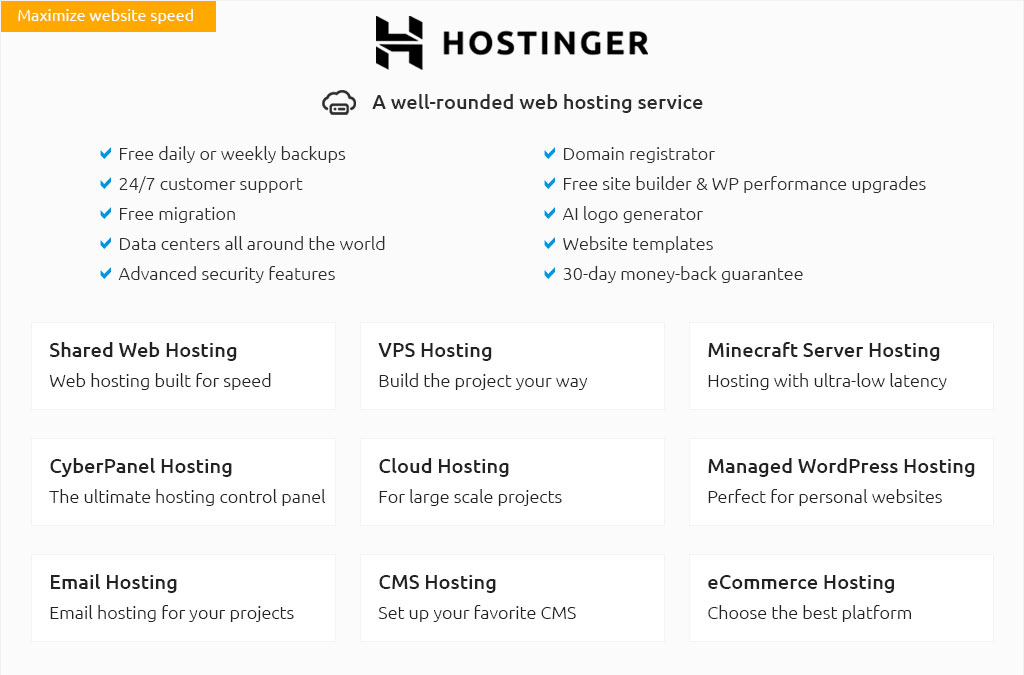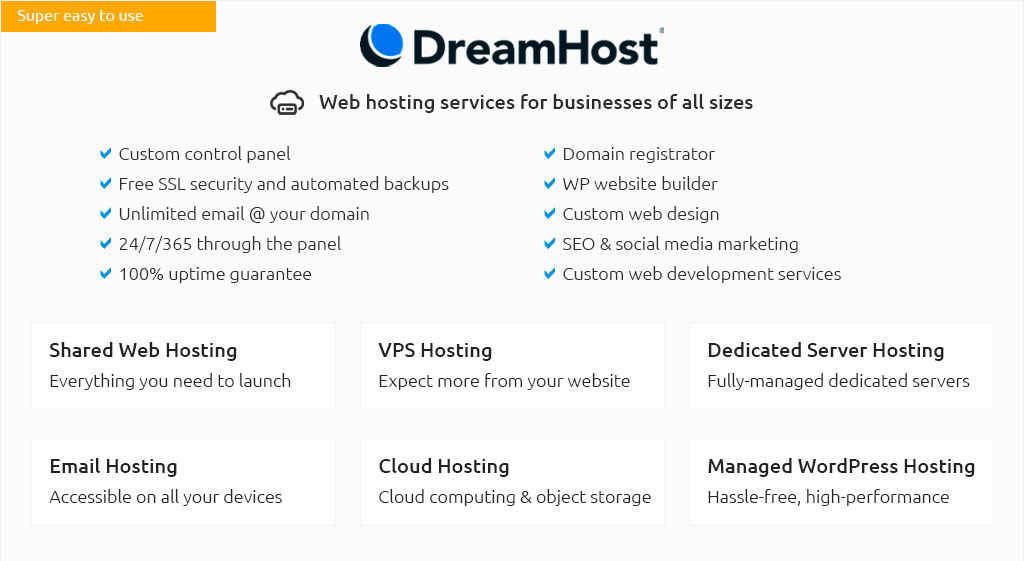 |
|||
 |
 |
 |
|
 |
|
 |
 |
 |
|||
 |
|||
 |
|||
 |
|||
 |
 |
Understanding Dedicated SQL Server Hosting: A Comprehensive AnalysisIn the ever-evolving landscape of digital technology, the demand for robust, efficient, and secure database management solutions is more critical than ever. Among the myriad of options available, dedicated SQL server hosting stands out as a compelling choice for businesses seeking enhanced control and performance. This article delves into the nuances of dedicated SQL server hosting, offering a balanced perspective on its advantages and potential drawbacks to aid businesses in making informed decisions. At its core, dedicated SQL server hosting refers to a hosting solution where a single physical server is entirely dedicated to an organization's SQL database needs. This exclusivity translates into several distinct advantages. Performance optimization is perhaps the most significant benefit. With resources not being shared among multiple tenants, businesses can expect faster query responses and improved data handling capabilities, which are crucial for data-intensive applications. Furthermore, dedicated hosting offers a higher degree of customization. Companies can configure server settings to align precisely with their operational requirements, thereby optimizing their database environment to suit specific workloads. Security, a paramount concern for any business handling sensitive data, is another area where dedicated SQL server hosting excels. By isolating the server environment, organizations can implement tailored security protocols, reducing the risk of data breaches and unauthorized access. This is particularly beneficial for industries subject to stringent compliance requirements such as finance and healthcare. However, despite these compelling advantages, dedicated SQL server hosting is not without its challenges. One of the most notable is the cost factor. Dedicated servers typically come with a higher price tag compared to shared hosting solutions. This can be a significant consideration for small to medium-sized enterprises operating within tight budget constraints. Additionally, managing a dedicated server demands a certain level of technical expertise. Organizations may need to invest in skilled personnel or outsourcing to ensure optimal server management, which can further escalate operational costs. Moreover, while the customization options are vast, they can also lead to complexity. Businesses must carefully evaluate their needs to avoid unnecessary configurations that could complicate system management and lead to inefficiencies. Scalability is another aspect that warrants attention. While dedicated servers offer substantial resources, scaling up can require significant hardware investments or even physical relocation, potentially disrupting business continuity. In conclusion, dedicated SQL server hosting presents a robust solution for businesses prioritizing performance, security, and customization. Its suitability largely depends on an organization's specific needs, resources, and long-term strategic goals. While it offers unmatched control and efficiency, the associated costs and management complexity require careful consideration. By weighing these factors, businesses can better determine whether dedicated SQL server hosting aligns with their operational and financial objectives, ultimately making an informed decision that supports their growth and success. https://aset.az.gov/service/software/dedicated-sql-server
... same computer and across a network. Dedicated SQL Server provides performance enhancement and additional flexibility with dedicated hosting options. https://www.msclusters.com/dedicated-sql-server
SQL Server Web Edition is a specialized version optimized for hosting websites and web applications, providing a cost-effective and scalable database solution. https://www.liquidweb.com/sql-server-hosting/
SQL server hosting is a service specifically tailored for businesses that rely on SQL, a relational database management system (RDBMS) developed by Microsoft.
|